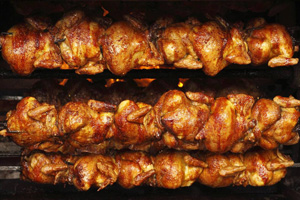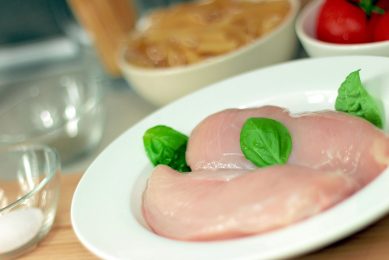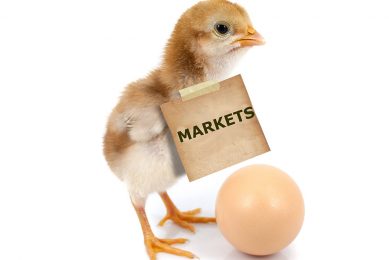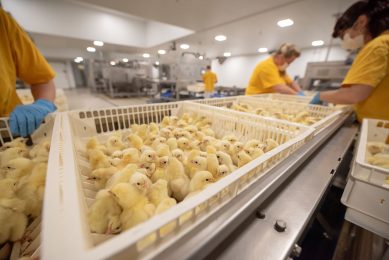UK tax charges harm hot chicken sales

New figures from the British Poultry Council show that sales of rotisserie chicken have been seriously affected by the government’s introduction of Value Added Tax (VAT) on hot foodstuffs from 1 October 2012.
Before this date approximately 40 million rotisserie chickens were sold a year in the UK. In the 23 weeks since the VAT rise came into force sales have fallen by around 18%, with 3.2 million fewer chickens being sold over the period.
The introduction of the 20% tax led to the average price of a hot large plain chicken going from £4.65 to £5.55 – an increase of around 90 pence. It has resulted in supermarkets selling approximately 138,000 fewer rotisserie chickens every week, or around 7.2 million fewer a year. The Treasury has earned approximately £13.35 million on sales across this period.
Peter Bradnock, Chief Executive of the British Poultry Council, commented: “In a market where virtually all chickens sold are British, this is clearly having a detrimental effect on our farmers. We know that 70% of rotisserie customers actually consume their purchase cold, so this is unfairly penalising them. This ‘hot VAT’ isn’t raising huge sums for the Treasury but is having a major impact on hard-pressed families and British producers across the country.”
Morrisons, who have been selling whole birds both hot and cooled since the tax rise came into force, have also noted a decline in sales.
Jamie Winter, Fresh Food Director at Morrisons, said: “We urged the Government to reconsider this unfair tax on customers, who don’t even eat rotisserie chicken as a takeaway item, before it was even introduced in the budget back in March of last year. Not only does it cost shoppers more at a time when finances are already tight, there is clear evidence that the tax is also hurting British farmers. The Government should support farmers and consumers by reversing this decision once and for all.”
The March 2012 budget introduced proposals to add VAT to all produce that is sold hot, classifying it as a take-away food. To address similar anomalies created by the tax, the Treasury’s initial proposals were revised to allow hot food left on the shelf to cool down to have a 0% VAT rate.
The Chancellor announced a VAT on rotisserie chicken on 1 October 2012 as announced in the 2012 Budget on 21 March. In 2012 a number of campaigns arose to protest against the VAT rise, including a joint campaign led by Morrisons (www.donttaxourroast.co.uk). The campaign received around 50,000 signatures between 10 September and 28 October 2012.













